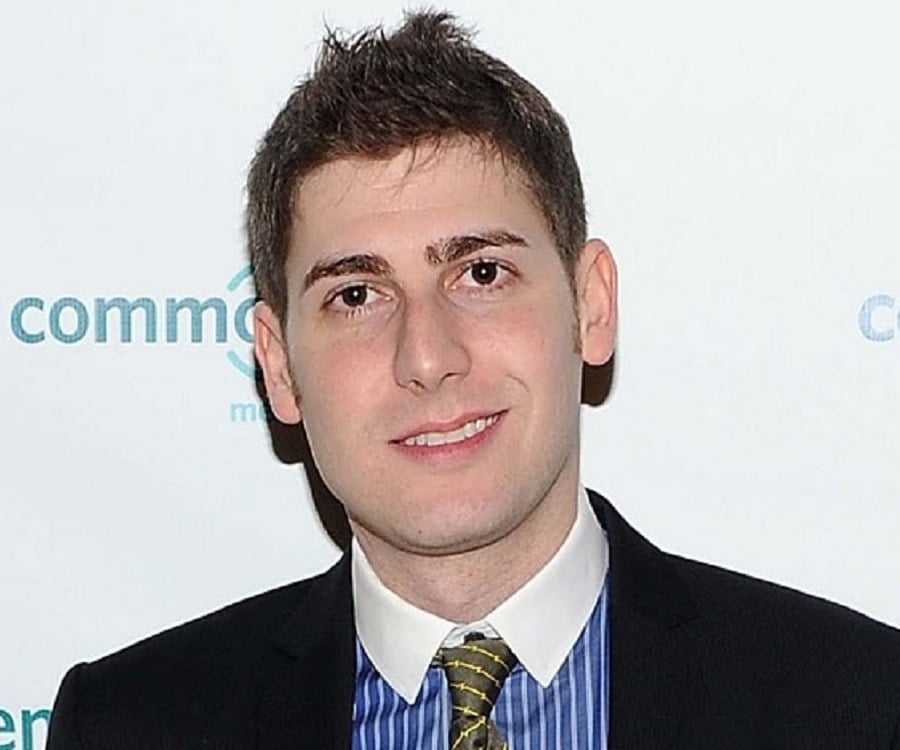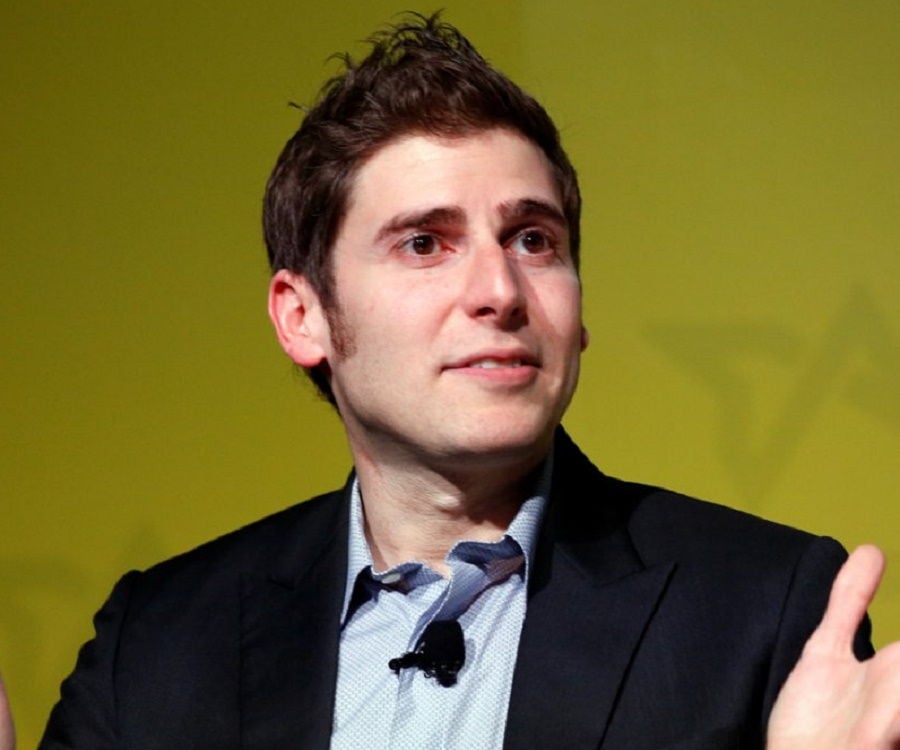Jan Koum & Eduardo Saverin: Facebook Founders & Billionaire Investors
Is it possible for a single legal dispute to fundamentally reshape a global corporation? The story of Eduardo Saverin and Mark Zuckerberg, the co-founders of Facebook, offers a resounding affirmation: yes. Their relationship, once a cornerstone of a revolutionary social platform, fractured under the weight of ambition, financial disagreements, and the relentless drive to control a burgeoning empire. The fallout continues to echo through Facebook's structure and Zuckerberg's leadership style to this day.
The narrative of Eduardo Saverin, a Brazilian-born entrepreneur who played a pivotal role in the early days of Facebook, is a complex tapestry of triumph, betrayal, and ultimately, enduring wealth. While the name Mark Zuckerberg is synonymous with the social media giant, the contributions of Saverin, the company's initial Chief Financial Officer (CFO) and business manager, are often relegated to the footnotes of the company's history. However, Saverin's journey is a compelling story of its own a tale of a Harvard student who helped launch a global phenomenon, only to see his stake drastically reduced and his role in the company diminished.
Born in So Paulo, Brazil, on March 19, 1982, Saverin's family relocated to Miami, Florida, during his childhood. He is a Brazilian internet entrepreneur and angel investor. His early life was marked by academic excellence. In the fall of 2003, while studying at Harvard University, Saverin became acquainted with Mark Zuckerberg, Dustin Moskovitz, and Chris Hughes. Together, they embarked on a project that would forever change the landscape of social interaction: a social network initially known as "The Facebook."
Saverin's contributions to Facebook were multifaceted. As the CFO, he secured initial funding and expertly managed the company's finances crucial functions during Facebook's embryonic phase. He recognized the potential of the burgeoning social platform. Initially, Saverin invested in the company and secured $15,000 of funding for Facebook. This financial backing was critical in helping Zuckerberg and the team to start Facebook as a social media platform.
In the early days, Saverin's friendship and business partnership with Zuckerberg seemed solid. They were, by all accounts, close friends and collaborators, united by a shared vision and a desire to build something extraordinary. However, as Facebook's popularity soared and the company sought additional funding, tensions began to simmer. The stakes had become higher. The demands on the platform became more intensive, leading to a fundamental disagreement about the companys future, and ultimately, their relationship.
By 2005, the relationship between Zuckerberg and Saverin deteriorated. Zuckerberg, seeking greater control and a more aggressive path for the company, diluted Saverin's equity stake. Eventually, Saverin was effectively removed from the company. This move, the details of which were hotly contested and formed the basis of a legal battle, significantly altered the course of Facebook's history and the trajectories of both men.
Saverins departure from Facebook was dramatized in the 2010 film "The Social Network," which depicted a tense and highly-charged legal battle. The film, while a fictionalized account, captured the essence of the conflicts and the personal and professional costs of the split. The legal disputes had a lasting impact on the management structure of Facebook.
After leaving Facebook, Saverin transitioned to become an investor. He embraced Singapore, a new chapter, becoming a citizen of the country in 2011. There, he established a venture capital firm, B Capital, which has become a global enterprise. Today, B Capital boasts eight locations across the globe, employing over 100 people, with assets under management exceeding $7 billion. This move was significant as it turned a conflict into an opportunity.
Saverin's story is one of resilience and adaptation. He transformed a personal setback into a springboard for further success, becoming a billionaire investor in Southeast Asia and India. He now focuses on the growing tech market. His wealth, estimated in the billions, is a testament to his entrepreneurial acumen and his capacity to navigate the complexities of the business world.
His journey exemplifies the unpredictable nature of business and the importance of foresight. While the story began with friendship, collaboration, and a shared vision, it eventually shows a divergence of paths. The ultimate outcome is an illustration of what can happen when ambition and control collide.
The enduring impact of the Saverin-Zuckerberg rift extends far beyond a personal falling out. The legal battles and the restructuring of the early days of Facebook have significantly influenced the company's governance and Zuckerberg's approach to leadership. The tale of Eduardo Saverin serves as a cautionary reminder of the potential consequences of early business disagreements, reminding us that early decisions have lasting impacts.
This story is an intriguing case study in the dynamics of startups and their impact on a variety of situations. The dynamics in Saverin's journey is an indicator of the challenges that founders face. The journey of Saverin remains a fascinating study in the complexities of entrepreneurship, the ever-changing landscape of the tech industry, and the enduring power of individuals to shape their own destinies.
| Attribute | Details |
|---|---|
| Full Name | Eduardo Luiz Saverin |
| Born | March 19, 1982, in So Paulo, Brazil |
| Nationality | Brazilian and American (renounced American citizenship in 2012) |
| Education | Harvard University |
| Known For | Co-founding Facebook, Initial CFO and Business Manager of Facebook, Venture Capitalist |
| Career |
|
| Current Residence | Singapore |
| Net Worth (approx.) | Multi-Billionaire |
| Key Investments | Internet startups in Southeast Asia and India |
| Related to | Mark Zuckerberg, Dustin Moskovitz, Chris Hughes |
| Legal Issues | Legal dispute with Mark Zuckerberg over equity in Facebook |
| Reference | Wikipedia: Eduardo Saverin |
While Eduardo Saverin's career is a remarkable example of success following a turbulent professional split, there are other stories to be told. Jan Koum, the WhatsApp founder and former Facebook board member, is another interesting figure. Koum, who sold his messaging service to Facebook, still holds a significant number of Facebook shares. The impact of his work, and his continued financial interest in the company he was once a part of, further demonstrates the interwoven nature of tech fortunes and how they can shape the industry.
The world of mythology, too, offers a glimpse into complex relationships and heroic deeds. Alcmene, the wife of Amphitryon, is known for her role as the mother of Heracles, the demigod son of Zeus. This illustrates the timeless themes of family, legacy, and the extraordinary individuals who leave their mark on history.
The question of who is the greatest Filipino inventor highlights the spirit of innovation and ingenuity found in diverse cultures. This inspires further exploration of groundbreaking contributions. These figures, whether titans of tech or mythical heroes, have all changed how we interact with the world.
The ongoing dialogue surrounding Qu son los personajes y cmo se clasifican? demonstrates an enduring curiosity in how we define and categorize individuals and their actions. It's a continuous examination of human nature and the diverse roles people play in our societies.
Finally, looking at the list of heads of state of Argentina highlights the importance of leadership and governance in the modern world. The role of Alberto Fernndez, the current president, and the residences associated with the office, showcase the institutions that shape the nation.

